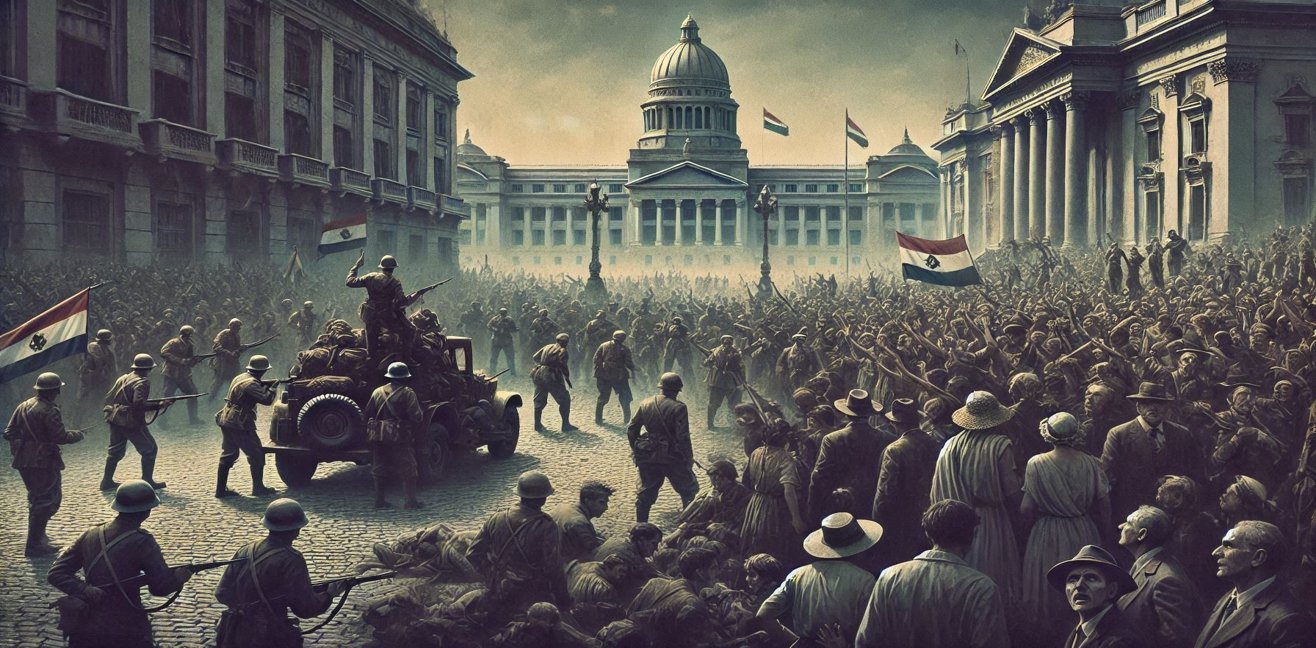On May 5, 1954, Paraguay experienced one of its darkest days in history. This date is marked by a military coup that left deep scars on the country’s political landscape. The president at the time, Federico Chávez, was overthrown by the armed forces, and the country entered a period of military dictatorship that would last for many years.
Background of the Coup
In the mid-20th century, Paraguay was grappling with political instability and conflicts. On May 5, 1954, the armed forces launched a coup in response to the government’s corruption and authoritarian tendencies. The coup was justified with claims that it was intended to end Chávez’s authoritarian regime and democratize the country.
The Consequences of the Coup
However, the consequences of the coup were darker and bloodier than expected. After the coup, an oppressive regime quickly rose in Paraguay, and human rights violations increased. Freedom of the press was restricted, dissenters were silenced, and civil liberties were severely limited. The country lived under the authority of a single leader for many years, and it took a long time before democratic processes could begin to emerge.
The Struggle of the People
However, the people’s quest for freedom and justice remained an undying fire. Paraguayans continued their resistance against the oppressive regime that followed the coup. Civil society organizations, human rights advocates, and pro-democracy groups never gave up the fight for a democratic Paraguay. This long and difficult struggle ultimately created an opportunity for Paraguay to begin its democratic transition.
Conclusion
May 5, 1954, is recorded as a dark day for Paraguay. However, this dark period came to an end thanks to the will and struggle of the people. Paraguay began to take steps toward democratization, and the people’s pursuit of freedom and justice never ceased. This dark chapter in history remains as a lesson on democracy and human rights for future generations.

